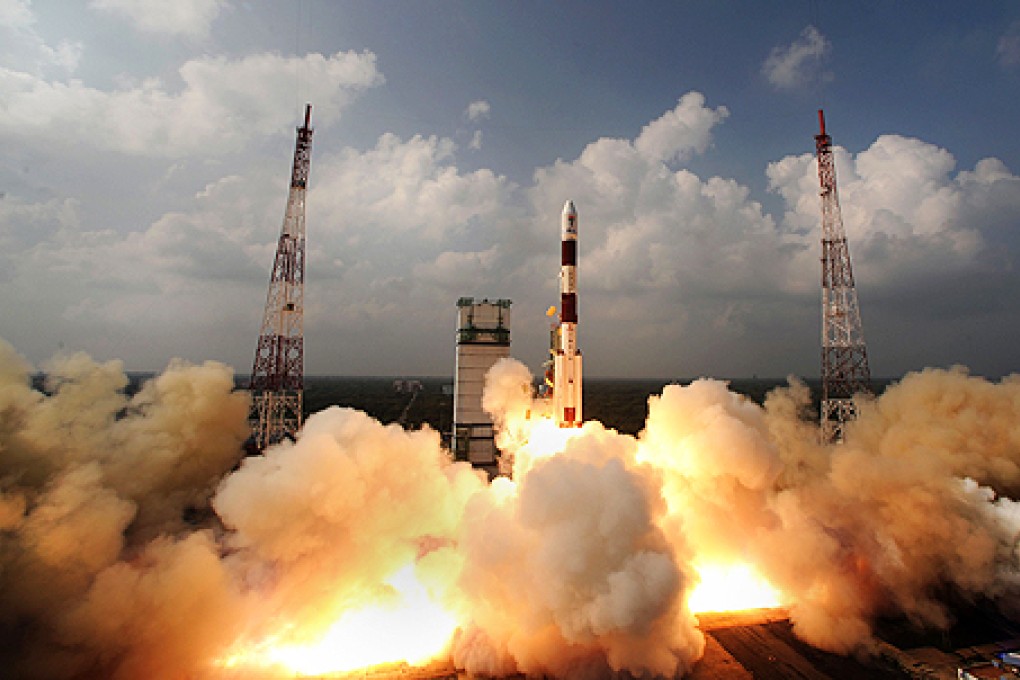A Mars launch today, a human colony tomorrow?
Gwynne Dyer says India's Mars mission may be driven by nationalism but it is also part of the bigger human pursuit to extend life beyond earth

The "Curse of Mars" also applies to Asian countries. About two-thirds of the attempted missions to Mars have failed, many of them even before leaving Earth's orbit, and most of the rest when they tried to land. Japan's only Mars mission failed in 1998, China's first try failed when the Russian rocket carrying its Mars orbiter into space fell back to Earth in 2011 - and so India seized the opportunity to be the first Asian country to go to Mars.
Fifteen months after the decision was announced, India's Mangalyaan vehicle blasted off from the Satish Dhawan Space Centre on the country's east coast this week.
There is something faintly ridiculous about India and China "racing" to be the first Asian country to reach Mars, but it's no more ridiculous than the Russian-American space race of the 1960s.
The Indian space programme operates on an amazingly small budget (about US$1 billion a year), but it has put dozens of satellites in orbit that provide practical benefits for earthbound Indians: remote sensing, flood management, cyclone alerts, fishery and forest management, etc. But that's all in near space; the question is really whether long-range space exploration is a rational proposition.
Nationalism is part of the motivation behind every country's space programme, and while it has its comical side, it does at least persuade the political authorities to provide the large sums that are needed. China is planning to land a rover on the moon next month, and is talking about a manned landing there by 2024. That will certainly speed up India's manned space programme.
Like the old Russo-American space race, the Chinese-Indian one will accelerate the development of new technologies and techniques. It will fill some of the gap left by the loss of momentum in the older space powers, and some useful science will get done. But the biggest reason for welcoming the entry of major new players in space exploration is the one that everybody is too embarrassed to mention: the future of the human race.
